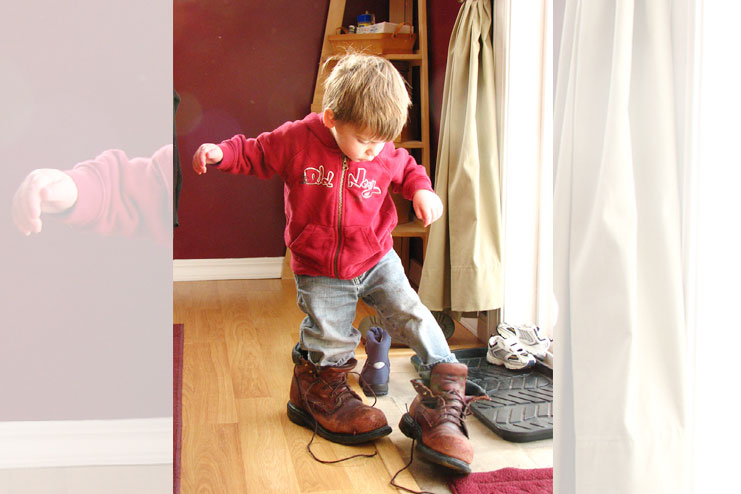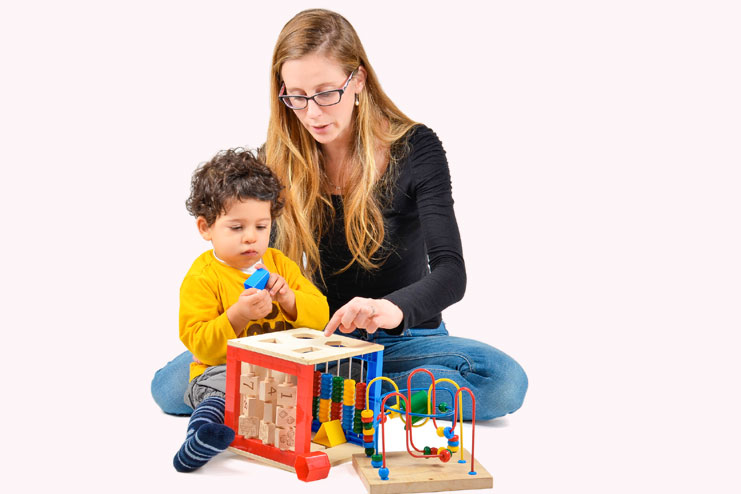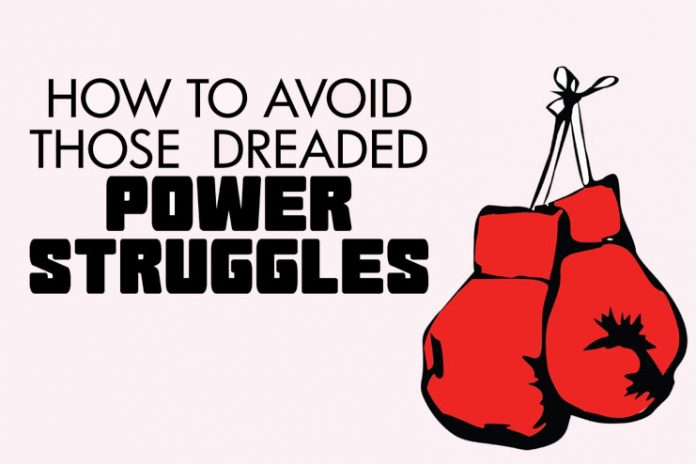Affiliate Disclaimer
Some links in this article are affiliate links. We may earn a small commission if you make a purchase through these links, at no extra cost to you. We only recommend products we find useful to our readersHave you heard of power struggles with children, from early preschoolers until pre teens the power struggle continues in its strange and nerve wrecking ways. Many parents who until now swore by the reward and appreciation theory are now altogether in a dilemma as to why a trade off for getting chores done for the screen time does not work. Well not every time, and why the child is over enthusiastic to be on his or her own all the while.
While there is nothing much that works in most cases as it is a developmental stage for a child. But the most important way to handle the increasing power struggles is to change the perspective from nagging or rewarding to involving the child in more creative and sport related activities. The more a child gets to utilize her or her energies the better it becomes when dealing with power struggles.
What Causes Power Struggles And The Triggers Which Lead To Temper Tantrums:
As psychological phenomenon, power struggles are just a milestone which affects some children more than the others. For some it is a habit to crave for more and more independence but for others it becomes a way of life as tantrums get them to have parents cave in. Children experience frustration beginning from early years, but by the time they reach pre-school age; this frustration gets powerful and emotional outlays are seen. Reasons for power struggles are:
1. The need to be independent:

A child is learning each moment and what he or she sees is exactly how they would emulate. When they see parents and care takers proceeding independently their desire to feel grown up triumphs so they begin to seek more and more independence. But frustration stars to come in when they are unable or not allowed to proceed thus resulting in power struggles.
2. Power is a basic social and emotional need:

It is human to seek power and our basic anatomy is such that we crave for more and more power. Not just as children but all through our lives, the desire for absolute power corrupts us indefinitely. So children are also emerging as social and emotional creatures who wish for more and more power thus the struggles are inherent.
3. The Beginning To Identify Self Over And Above The Parent:

Sooner than 5 the kids begin to identify themselves and they are separate from their parents. So they begin to take charge of their own life, things like what to wear, how to play and what not to do become an intrinsic part of their lives. They are now thinking of themselves as individuals and away from their parents so they begin with power struggles
4. The Frustration of Not Being Able To Accomplish It All:

Though the children begin to seek more and more independence but they are still not fit to accomplish everything on their own. This makes them get frustrated and the only way they vent out this anger is through power struggles with their parents.
5. Behavior Of A Child Is The Reflection Of Their Parent:

More frequency and strength power struggles are attributed to parental behaviors. Some parents are more inclined into dominating and leading everytime. The child learns it all from their parents thus they themselves try and seek more and more power
6. The Child Needs Attention:

Sometimes power struggle is the only way a child can be heard and attended to. The child is quick to learn it and begins practicing all sorts of tricks which initiate power struggles between parent and child.
How To Avoid Power Struggles With Children:
As a parent it is very important to constantly re-invent the parenting style for a child progresses through a plethora stages. And every stage requires a different mix of push and pull strategies. As a child begins to go out at school or day care and meet other kids, their perception of the whole world changes, and they begin to seek independence and connection like never before. The growth spurts and physiological changes trigger many behavioral changes in the children and there are power struggles which are inherent. Some ways we can avoid major power struggles and help get over those temper tantrums include:

1. Not Every Refusal Is To Be Taken Seriously:
As a parent, it is very important to pick the struggles and ignore the non important ones. If every no hits your ego, it is likely that the child will have a lot more meltdowns. Begin by training yourself, pick the issues which you can pass with a few easy ways and the big ones which need immediate attention
2. Be Consistent In Your Attitude And Behaviors:
It is very important to be consistent in your attitude and opinions for a particular kind of conflict. Say if the child forgets his or her stuff at school and sometimes you shout while other times you ignore, does not make any sense for your child. Be consistent and do not take the punitive way. Every time the child forgets his stuff just talk to the child why and how the stuff was missed. As him or her to be more careful and before you pick them from their school remind them for their belongings.
3. Empower and Not Overpower:
It is very important to empower the child and make them independent in chronological way. Begin early and involve your child in challenging tasks and allow them to feel empowered. The more you respect your child’s independence and freedom to do it all the better it becomes for the child and he or she does not end up initiating power struggles all the time

4. Step Aside And Refuel With More Endearing Ways:
Do not band on every no you hear. Just step aside for a while and pick a more strategic way to accomplish the task. If a child says no to eat or sleep just say okay even I do not feel like eating or sleeping every day and then add so do you wish to eat with me or do you want me to take you to bed.
Less on hearing the word no, these tricks may work most of the time in reducing power struggles
5. No Open-Ended Questions But Choices:
Our mind works like a prism, and with choices and closed answers the chances of retaining the anger are high. When you give just two options to the child say do you like to eat fruits or vegetables for snack rather than have fruits is more powerful. With choices, the child will pick at least one of the two given options and less chances to enter into power struggles.
6. Listen To Your Child:
Rather than just giving the command, just listen to what your child has to say. This gives a sense of importance to your child and reduces the chances of power struggles. The more you give time to hear your child out, the less is their frustration.

7. Opt For A Win-Win Situation:
Have your child pick ways so that everything comes to a win win situation. Say if they are meant to sleep then what can bring them to bed. Say a few minutes of screen time or game or some new toy; well do not attach rewards for every time but sometimes this win win situation can help well when dealing with power struggles
8. Do Not Enter Into Unreasonable Threats:
Threatening the kids is not a good idea for it not just triggers the power struggles but also causing a lot of psychological stress in them. It is very important to develop a trusting and positive parenting relationship and not carried away by these momentary power struggles which may ruin your relation with your child

9. Acknowledge Your Child’s Feelings Too:
It is very important to acknowledge your child’s feelings and treat him or her with due respect. If a child is not ready to sleep or do a chore or eat, than rather than shouting on them or forcing them take a minute off. Just tell them how you feel the same at times and then discuss why or why not this thing is important at this time. Hear them out too, for all they may need is some undivided attention at this time.
10. A hug Therapy:
As strange as it sounds, but this has worked for me in most cases. Whenever I sense a power struggle happening or about to happen, I change the topic and hug my kid. Specially when I see my little one heading to a temper tantrum. Just keep quiet for a few minutes and hug, rub their back and show how important they are for you. And while hugging in a low voice ask them again,then say, let us both do this together and help each other.

Adopt positive parenting techniques and do not pick every battle to turn into power struggle.
Share ahead and keep writing us, we love hearing from you!
More Recommended Articles:
- Top 11 Parenting Problems That Drive Us Crazy But Can Be Averted Too
- Positive Parenting Techniques to Help in Better Development of a Child





































